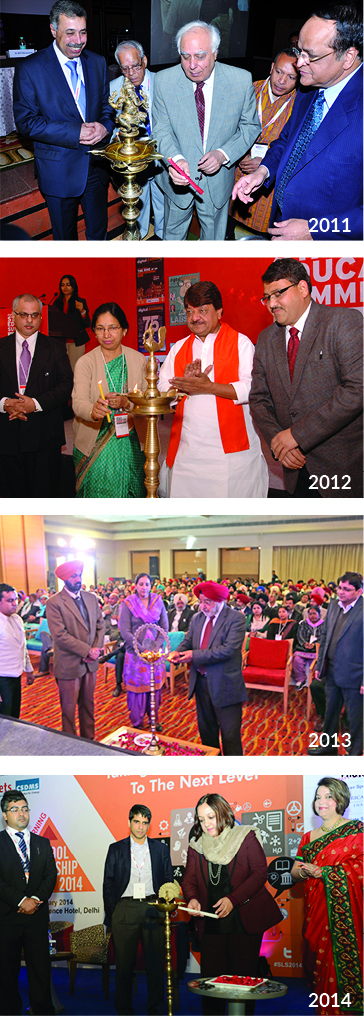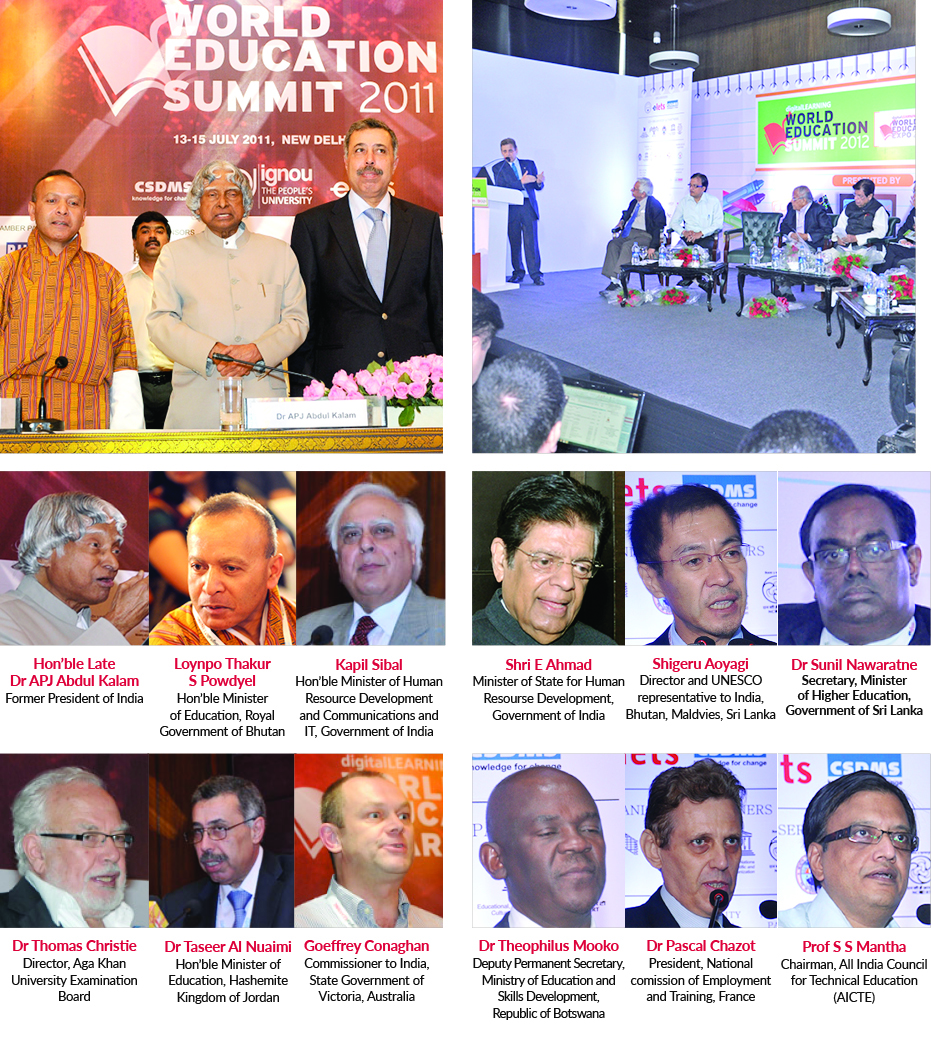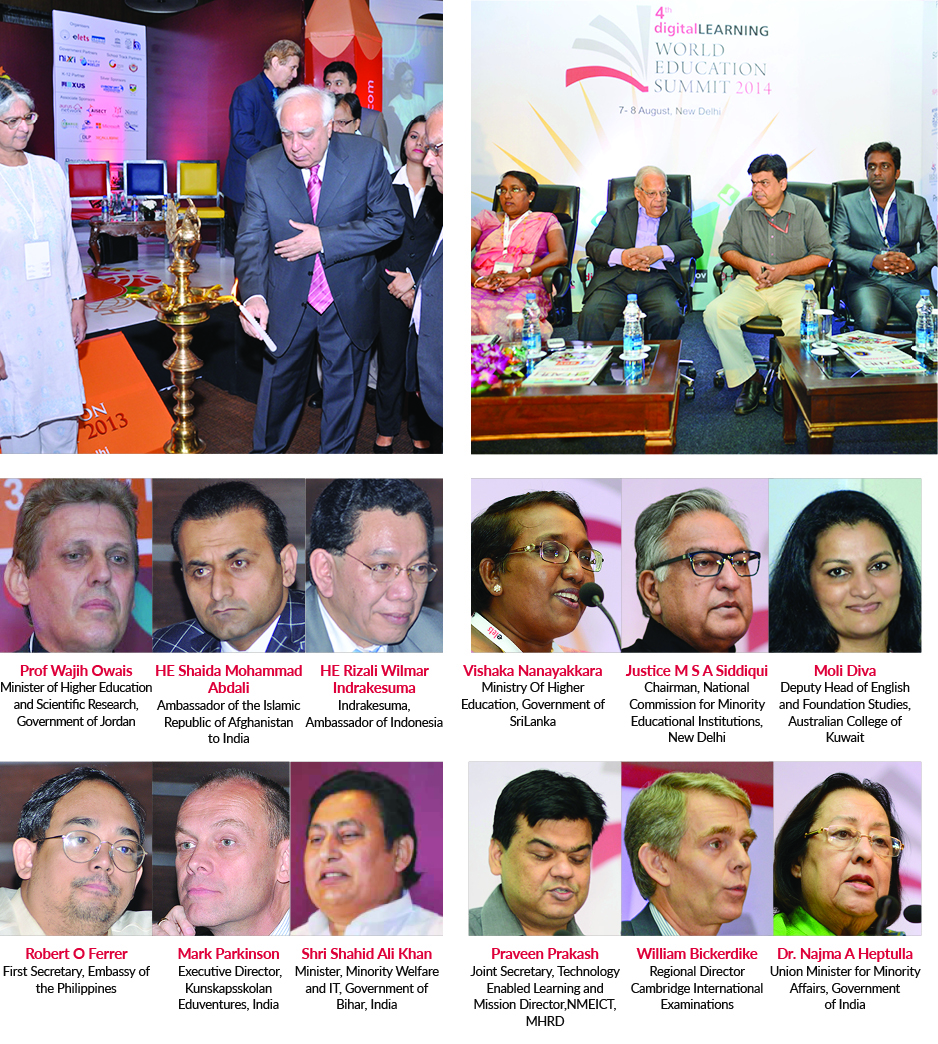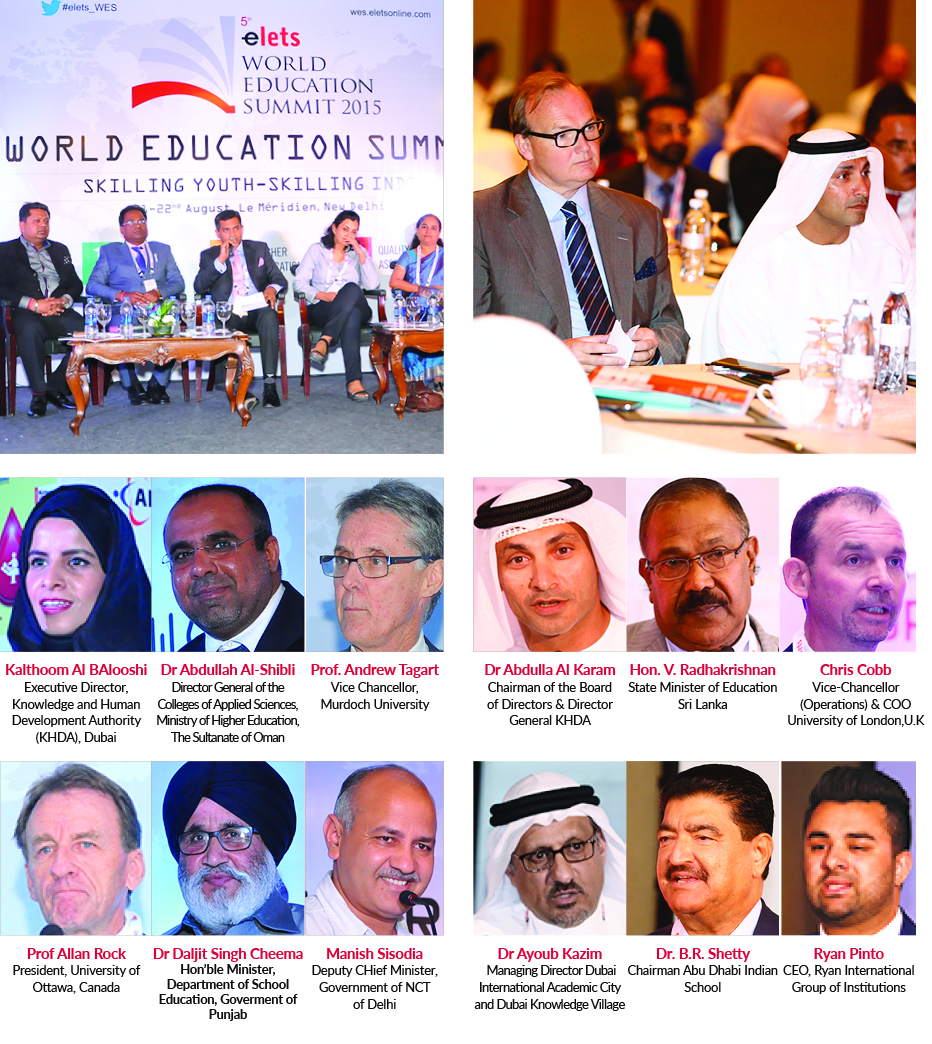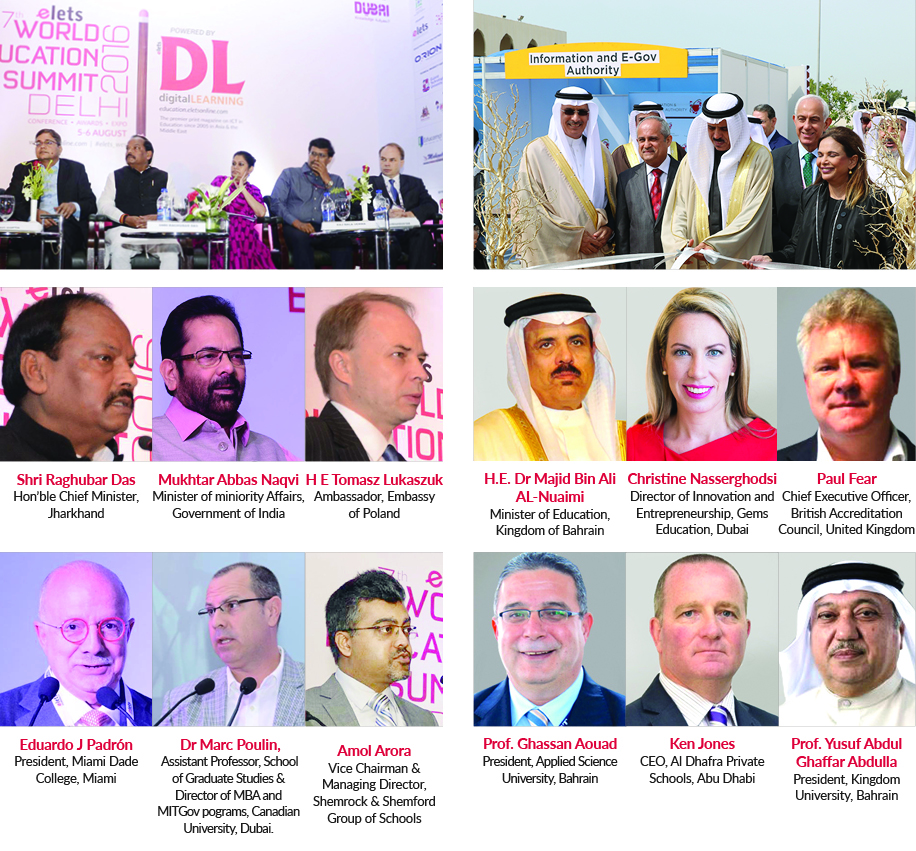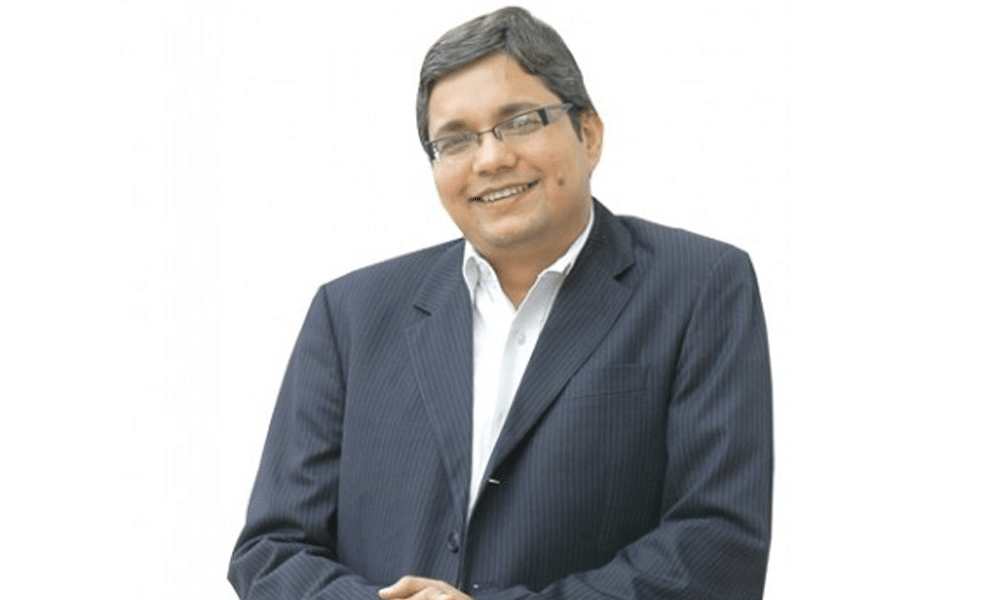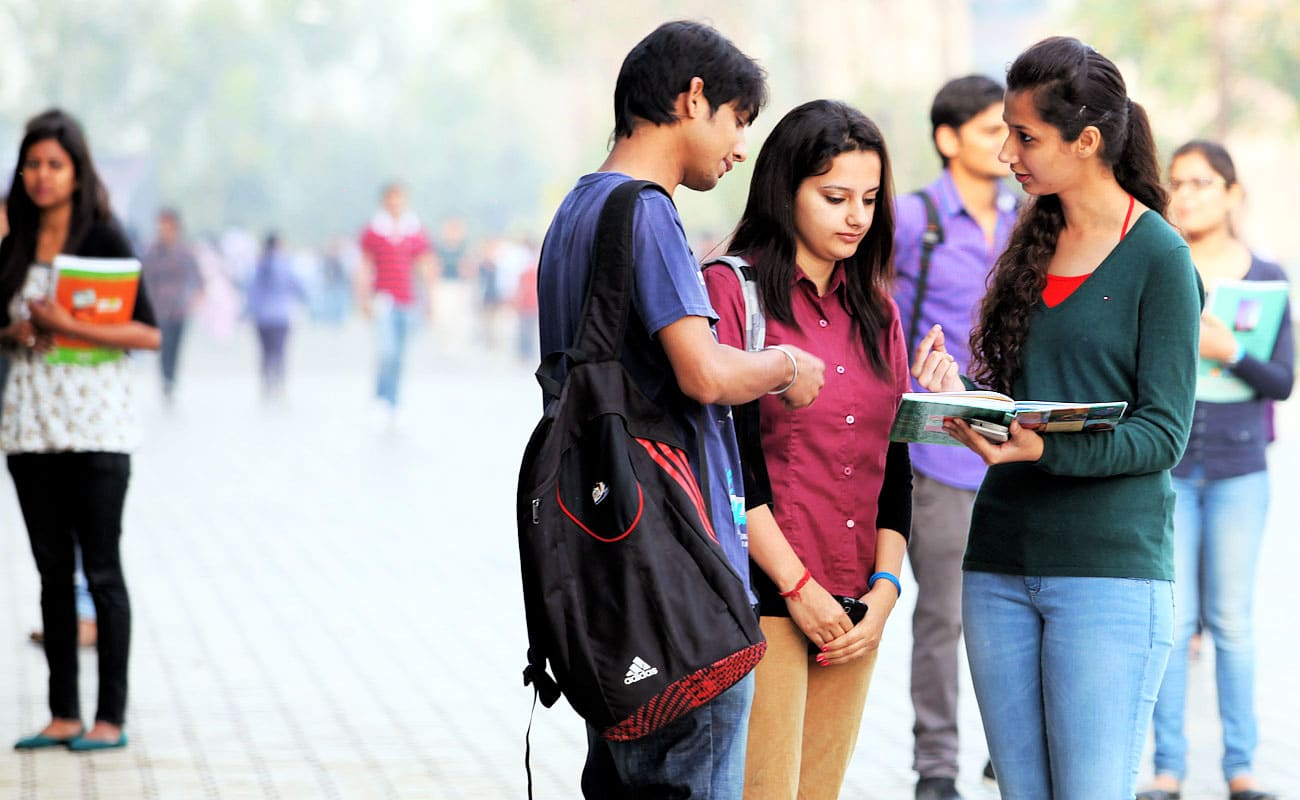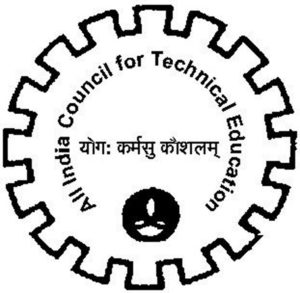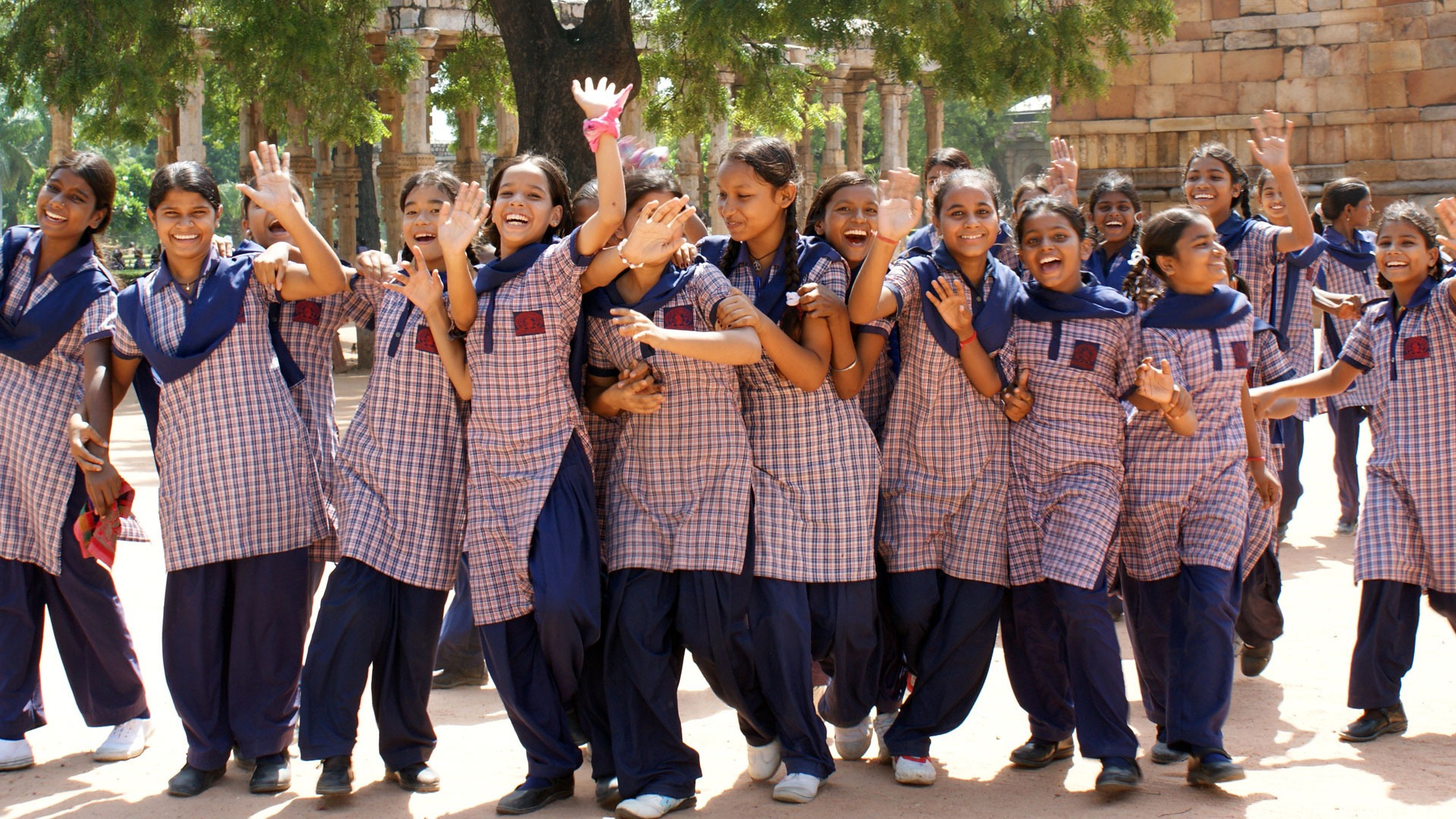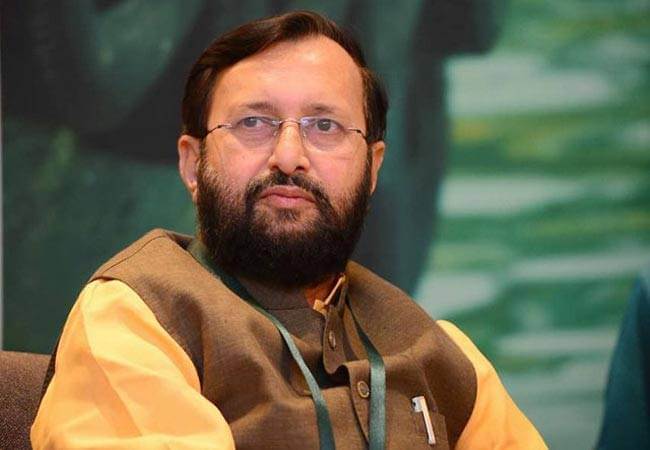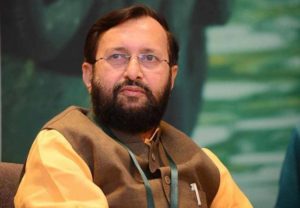Apeejay Stya University (ASU) is a seat of global learning and the dream university of its Founder Chancellor Dr Stya Paul – eminent industrialist, educationist, philanthropist and freedom fighter. ASU is now being dynamically taken forward by his daughter Sushma Paul Berlia, the Co-Founder and Chancellor of the University.
Sushma Paul Berlia is a passionate educationist who believes in being a trendsetter at ushering in educational reforms and dynamism.
Aditya Berlia, an alumnus of Stanford University and Harvard Business School, is CoFounder and Pro-Chancellor of ASU, ushering in the best educational practices from the world over.
Situated amidst a sprawling, picturesque campus with state-of-the-art infrastructure on the Sohna-Palwal Road in Gurgaon district of Haryana, Apeejay Stya University offers a wide range of innovative graduate, postgraduate and doctoral programmes across disciplines including Engineering and Technology, Pharmaceutical Sciences, Design and Visual Arts, Biosciences, Management Sciences, Journalism and Mass Communication, Education and Legal Studies.
All-round development of students is ensured by a well-stocked library-cum-Learning Resource Centre comprising more than 60,000 books on diverse subjects. ASU offers several scholarships and financial aid programmes on merit-cummeans basis to students
ASU provides students not only ‘education for livelihood’ but also ‘education for life’. It blends the dual identities of a technology and research based university with a Liberal Arts institution. An interdisciplinary approach based on Liberal Arts and a flexible credit system ensures a multipronged holistic development of the students. Critical and innovative thinking is encouraged at all levels to usher in creativity and problem solving skills. Best teaching practices from the world over as also the latest in ICT enables a rich and personalised teachinglearning experience.
At ASU, we have set for ourselves a high benchmark, not just in terms of academic standards, but also in transparency, accountability and governance. We offer our students a wealth of learning opportunities in a vibrant campus that would serve as an essential stepping stone to a fulfilling life and career.”
Apeejay Stya University has signed MoUs with many international institutions to provide global exposure to its students and its world class faculty. ASU has a truly global campus with students from over 15 countries. Campus life at ASU exudes a cultural vibrancy and myriad extra-curricular pursuits. A plethora of clubs cater to a range of interests including music, dance, dramatics, fine arts, photography, etc as also state-of-the-art sports facilities. ASU provides affordable spacious girls’ and boys’ hostel and studio apartments within campus.
The Corporate Resource Centre of the University provides a dynamic platform for engagement with industry. It has initiated an industry mentorship programme which engages industry leaders as mentors for the students.
The legacy of Apeejay attributes students’ placements in reputed national and international brands like SIEMENS, HCL, TATA, Infosys, HSBC, ICICI Bank, HDFC, AXIS, ESPN, NDTV, Lintas, Marks and Spencer, CNN IBN, Northern Stella, Interglobe, Religare and many more.








